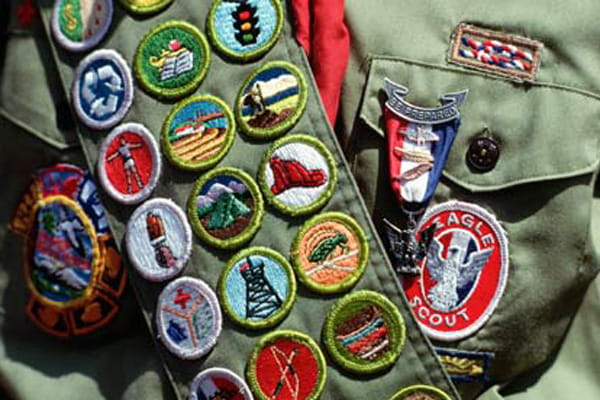Q&A with David Cohen: The Ban on Gay Members and Leaders of the Boy Scouts of America

The Boy Scouts of America (BSA) organization has recently made headlines for its decision to revisit a divisive issue—the organization’s ban on gay members and leaders. Though it looked as if the BSA’s position was softening, they recently announced that any decisions regarding the ban will be delayed until May of this year. DrexelNow spoke with associate professor of law David S. Cohen regarding the legality of the ban and how the organization’s decision may be affected by external pressures.
In 2000, the Supreme Court ruled that the BSA could legally ban gay members and leaders. Why was the ban upheld then, rather than denied because of its discriminatory nature?
The Supreme Court said the Boy Scouts have their own constitutional right to hold those beliefs. Certain organizations are allowed to have their own beliefs. For instance, the KKK is allowed to not admit blacks because that’s part of their organizational message. In other words, if bigotry is part of your organizational message, as the Court determined it is for the Boy Scouts, you can be bigoted. State nondiscrimination law cannot force the Boy Scouts to give up this constitutional-protected belief, even though that belief results in discrimination.
I think that the justices who wrote that opinion put too much value in the free speech and free association rights of institutions like the Boy Scouts and not enough on basic non-discrimination norms that affect people’s lives. The Court was subject to a lot of criticism on that decision because the Justices made clear that they did not value non-discrimination laws or the LGBT community.
President Obama has voiced his support for lifting the ban. What, if any, involvement does the government have in these decisions?
Even though the Boy Scouts have a constitutional right to be bigoted and courts will not force them to be otherwise, other government officials can certainly apply public pressure to try to end the discriminatory ban. Government officials can put pressure on organizations by speaking out against them to the media. Even though there’s nothing Obama can legally do to stop them, the Boy Scouts might feel pressure if the President made it a point to repeatedly speak out about their bigotry. Politicians and other officials have the power to put pressure on the organization even if there’s no court case they can win.
Can we expect to see more government intervention in these types of decisions?
I think government officials who feel strongly about this issue are going to speak out about it more and more. The general politics of this country are decidedly moving in the direction of stronger anti-discrimination norms with respect to sexual orientation. So, more and more politicians who care about that—who actually believe it or see it as politically expedient to do so—are going to speak out.
In This Article
Drexel News is produced by
University Marketing and Communications.
